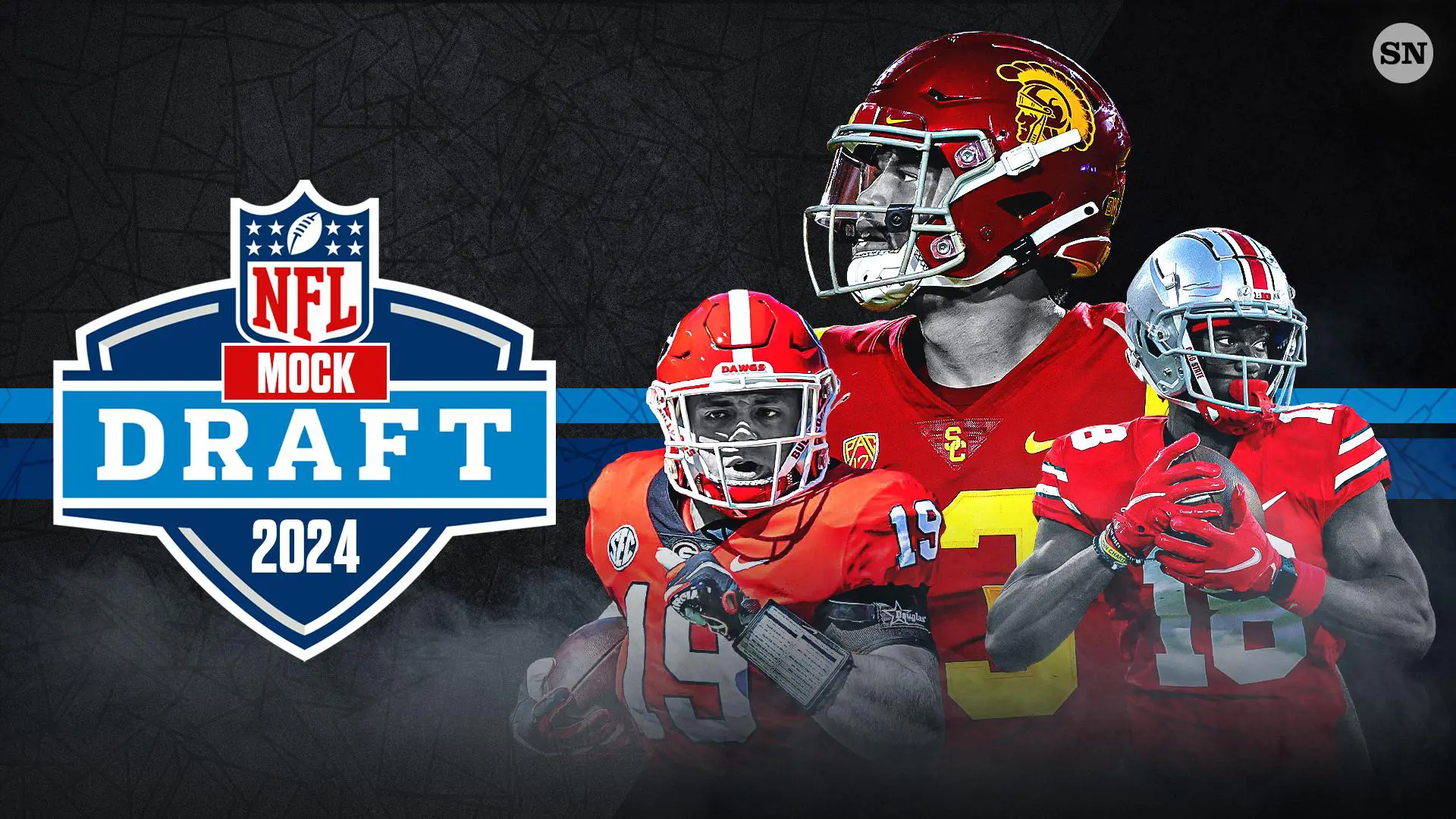How to Negotiate a Job Offer
3 min read
Updated: Jan 13, 2022

Hey, I got a job offer! Now what?
A podcast listener (thanks, Bob) emailed me late last night to request that I address the topic of “what is the best way to negotiate after getting a job offer?”
If you are using a reputable executive recruiter, he/she will negotiate a fair offer on your behalf in line with your expectations and local market compensation levels. It is the recruiter’s job to be “the bad guy” and allow you to ride in on the white horse on your first day.
But let’s assume you did not use a recruiter. I suggest the following:
Read the entire offer: Read the entire offer letter from start to finish. Carefully. Surprisingly, many offer letters have typos or other errors that could come back to haunt you. Make sure the offer letter includes all the promises made by the hiring authority during the interview process.
Actually, read the Employment Agreement: Most offers come with an employment agreement which will contain the dreaded ‘Non-Compete’ and “Non-Solicitation’ clauses among others. Read it. Most don’t. I have a candidate right now who cannot depart her current firm because of an obscure clause restricting her ability to work for another insurance agency that has a relationship with a certain carrier – this is affecting this young woman’s ability to make a living. I told her to get a lawyer. Immediately. The State of Virginia will throw this agreement out, but it will cost her plenty of legal fees. Read the employment agreement before signing. The whole thing.
Negotiations? Of course. Again, it is much better to have a recruiter do this because if you negotiate hard for an extra couple of thousand dollars, they may give it to you, but you walk in the office on Day One with a gun to your head. You don’t want that.
Why you Negotiate Before the Written Offer: Everything is negotiable. And you do it BEFORE you get the written offer. In most cases, the HR rep will verbally communicate an offer to you. It is a clever signal for you to negotiate or forever hold your peace. It is at this point, that you have the most leverage too. Use it. By the time you get the written offer, all of your negotiating power/leverage is pretty much out the window.
Take a day/night to carefully consider the verbal offer – refine your list. Read the benefits plan. Monthly medical premiums can affect your starting salary. Schedule another call and methodically go through your “wants.” You won’t get everything, but you’ll get more than if you did not ask!
What do I Negotiate? Negotiations are simply trading one thing for another. Give and take. Simple stuff, really. There are multiple negotiating points in a job offer including 1) Salary, 2) Bonus/Commissions, 3) PTO, 4) Flexible Work Schedule, 5) Phone/Laptop, 6) Vacation Timing, 7) Position Title, 8) Performance Review Timing, 9) Remote/Hybrid options, 10) Stock options, 11) Expense account allowances, 12) Parking, etc.
There are many more. I tell people to sit down and write a list and prioritize it. Some things may be important for you, but not that important from HR’s perspective. Exploit this. I would argue that long term, your title is much more important than bargaining over salary.
And they will respect you for negotiating. Your value will significantly increase in the eyes of the firm. Because smart people negotiate. And smart firms hire smart people.
Just how much should I ask for? First of all, your current compensation has nothing to do with the compensation you deserve for the new position. You NEVER tell anyone how much money you are currently making.
In fact, this is illegal for HR to ask in most states now. When/If you are asked by HR what salary are you looking for, you say, “I want to make what this job pays…depends on a lot of things…the benefits, monthly medical premiums…I don’t have all the information yet to give you an exact number.” That’s it. Put your finger in your mouth and let them respond first. In 90% of the cases, HR will tell you verbally what they have in mind for a salary before you get a written offer. And this is when the negotiation starts.
Remember…Chance Favors the Prepared Mind. Good luck in negotiating your next job offer.



